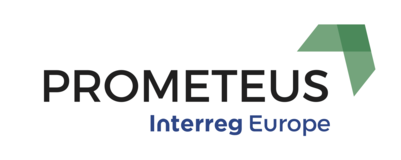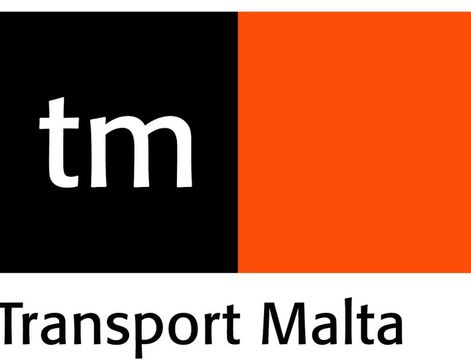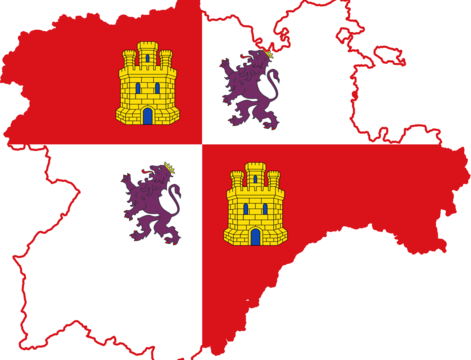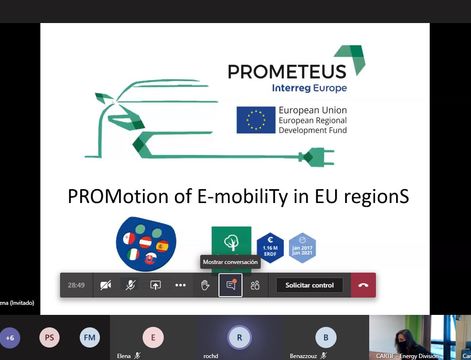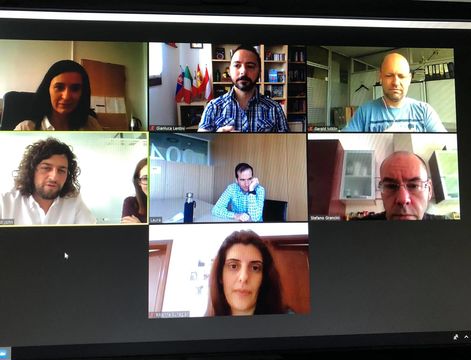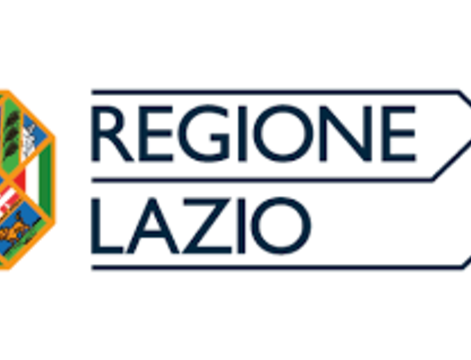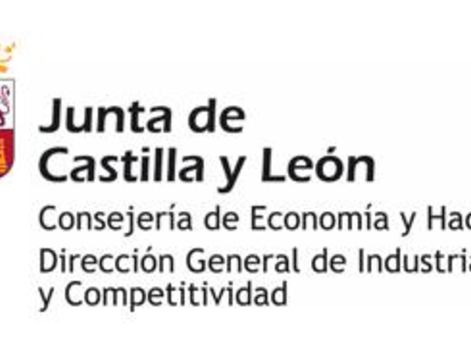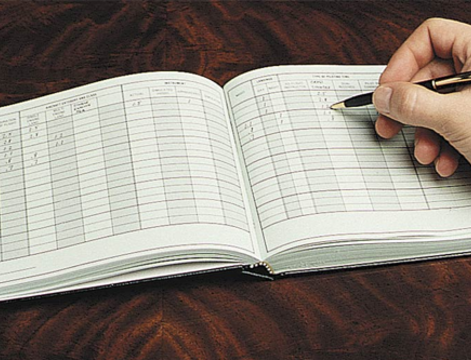The second Prometeus focused meeting was hosted by Castilla y Leon in Valladolid and saw the participation of Carinthia and the moderation of Poliedra. Among the topics discussed in details were the drafting of the Action Plans and a quick recap of the possible actions foreseen by Carinthia and Castilla y Leon for the improvement of the policy instruments indicated by the regional partners in the Application Form. The second item discussed was how to effectively and pragmatically exchange knowledge among the partners. Poliedra proposed some possible items of mutual knowledge exchange among the two partners, drafted on the basis of both the intended actions for the improvement of the regional policy instruments and on the preparation, by the partners, of the description of some regional good practices in an ad-hoc prepared template. Carinthia prepared three good practices (an e-mobility awareness raising programme, a charger development programme and a Business Fleet exchange towards electric drivetrain programme); Castilla y Leon described two good practices, one on Alternative-Fuel vehicle shows, and the other on the development of the Castilla y Leon electromobility guide. Castilla y Leon updated the participants on the state of the art of the regional strategy on alternative fuels, in itself including electric mobility, to be finalised by the end of 2018.
Carinthia shared some of the experience matured first hand, being one of the most advanced European regions in electric mobility, on how infrastructure must precede any incentives for the purchase of electric vehicles, and on how the market itself then takes care of the dissemination of electric vehicles. At the moment, Carinthia is in the process of selling the infrastructure to private bidders, in a process that is potentially interesting for Castilla y Leon.
A lively discussion followed on how it is necessary, in any policy dealing with alternative-fueled vehicles, to involve traffic planners and mobility experts, in order for the Infrastructurisation to be logical and functional to the users, and in order for the market to find an adequately-planned landscape.
The importance of adequate dissemination and communication campaigns for the general public has also been underlined, most namely thanks to the experience of Carinthia with successive governments with different sensitivities with respect to dissemination campaigns on the opportunities of electric mobility, and thanks to Castilla y Leon’s good practice on Alternative-Fuel vehicle shows, as well as the fruitful regional stakeholder co-design workshops already held in several provinces within Castilla y Leon.
A further possible element of exchange arose due to the close relationship of the Spanish partner with private enterprises working in the sector of electric mobility, and the interest of the Austrian partner in reflecting on the possible future of Carinthian economy, and the possible niches to be exploited as regards the field of e-mobility, most namely in battery re-use and recycle. A final reflection on e-car-sharing was also shared, and a few opinions on how the service must be correctly dimensioned and adequate to the actual needs of population in urban and rural areas were exchanged.
